45 years later, the impact of Superman: The Movie continues to be felt today
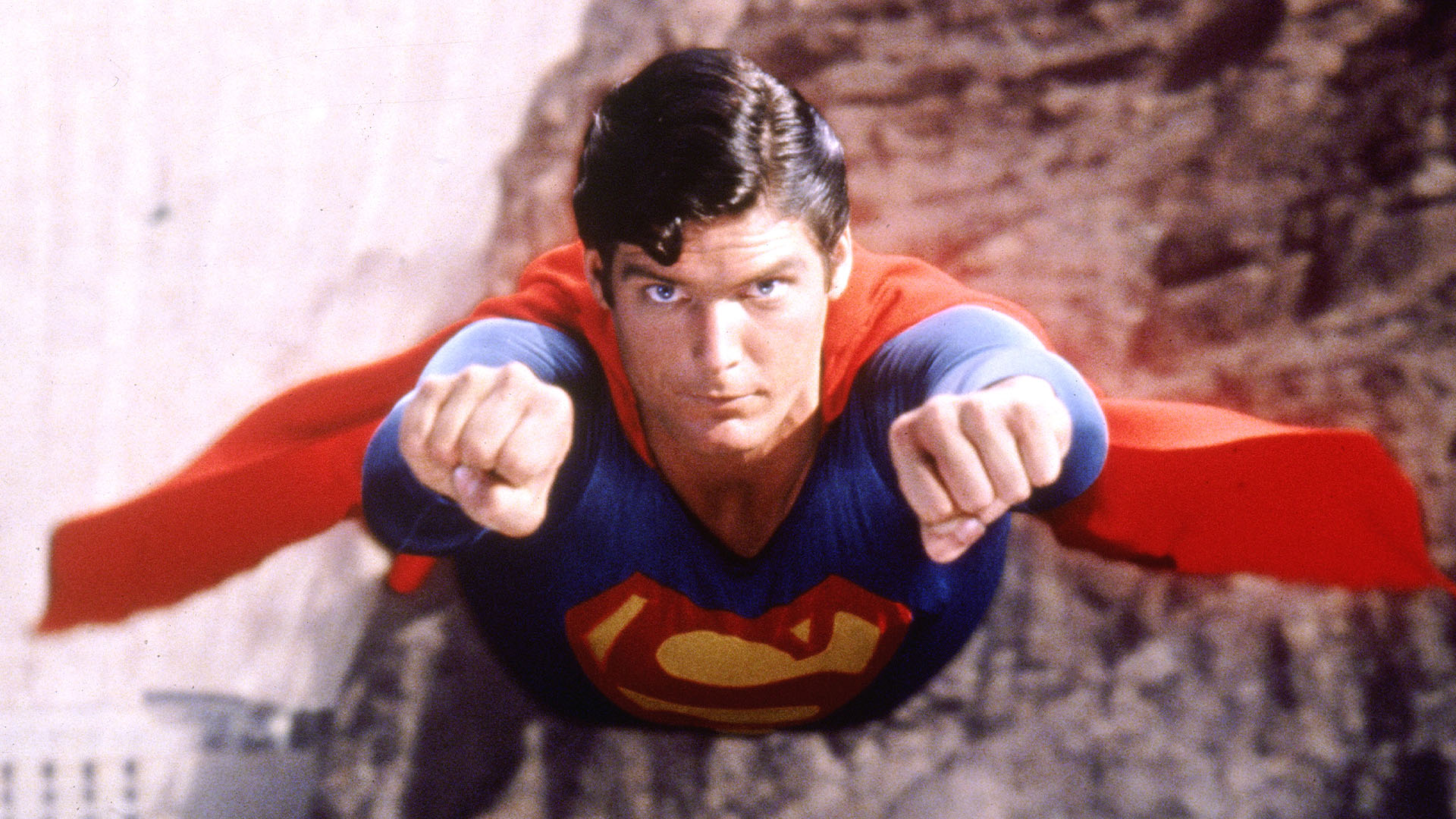
Christopher Reeve’s iconic turn as Clark Kent/Superman gets a reappraisal from Dominic Corry as Superman: The Movie turns 45, with some upcoming cinema screenings to celebrate.
I often long for a time when superhero movies were the exception and not the rule. In those halcyon days, when comic book adaptations fought for respect and rarely gained it, one movie loomed large above all the others, and its impact continues to be felt today.
Thanks to endless re-runs of Adventures of Superman (which originally ran from 1952 to 1958) and the 60s Batman show, audiences were generally familiar with superhero tropes by the 1970s, but until 1978’s Superman: The Movie, no one had really bothered to take such matters seriously.
But that was the genius of Richard Donner’s landmark film. It’s not a super serious movie, but it’s the first time Hollywood really leaned into the dramatic potential of a comic book character. With the help of an unknown—yet perfectly cast—leading man, some key creative collaborators, and then-recent advancements in visual compositing, Donner constructed an earnest, colourful, and mythic film that really did (as the ads at the time promised) make the audience believe that a man could fly (thanks to those advances in visual compositing).
In the current era of extreme superhero veneration, it’s easy to forget the degree to which they used to be dismissed as kids’ stuff. That all began to change with Donner’s film.
Often celebrated as “an immigrant story” (Superman’s American creators, Jerry Siegel and Joe Shuster, were the children of Jewish immigrants), Superman: The Movie tapped into a sense of Americana that effectively represented the promise of American ideals, if not their real-world execution.
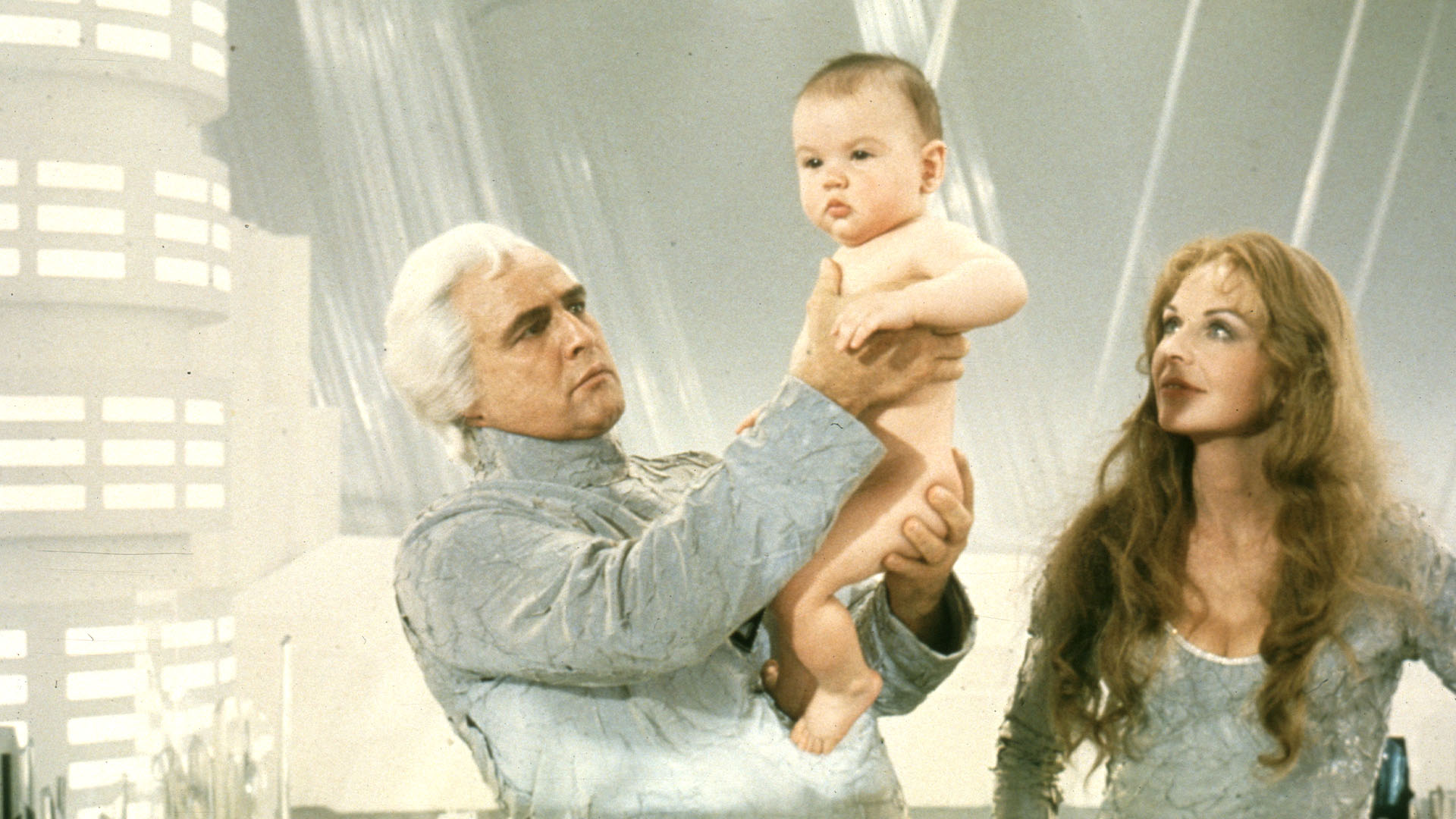
The film begins with a prologue set on Superman’s home planet Krypton, where plot threads that wouldn’t be re-addressed until 1980’s Superman II are set up. It’s difficult to think of any other examples of this kind of confident franchise-building existing previously, but of course it’s de rigueur these days.
The Americana aspects shine through in the Smallville section of the film, which seem to take place in Norman Rockwell’s conception of the United States. Although modern screen resolutions are somewhat unkind to the fake nose they put on Jeff East (who plays teenage Clark Kent) he’s a pretty good match for the main actor.
But things properly pick up once the action moves to Metropolis, and Christopher Reeve is introduced as grown-up Clark/Kal-El/Superman. The city is depicted in mostly sunny terms, but enough of Sidney Lumet’s New York shines through to give it some grit. It’s a relatively square film, but the authenticity that defined 1970s cinema can’t help but make its presence known.
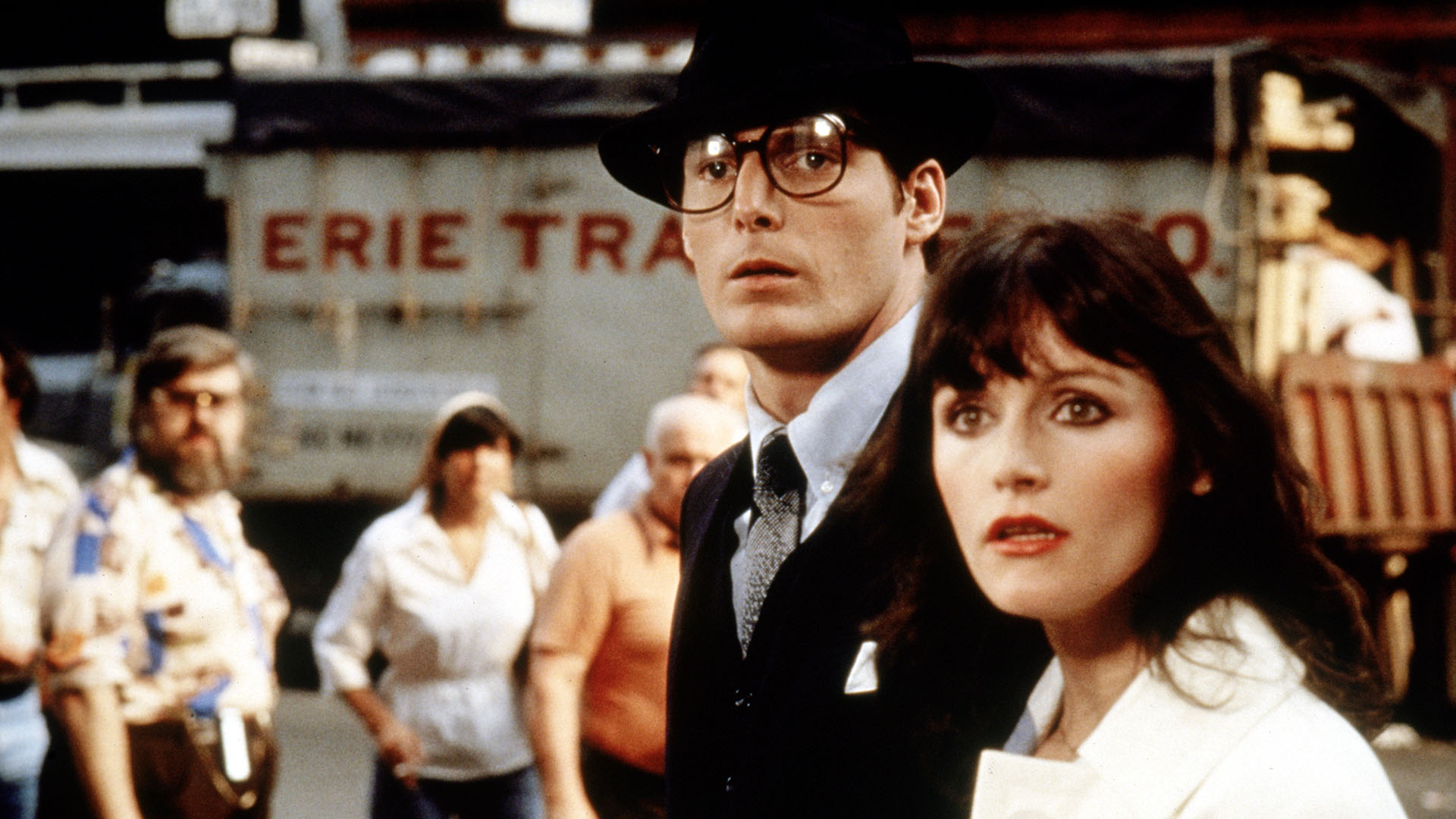
And Reeve is simply a wonder. He very much looks and acts the part of Superman, but the real surprise of his performance—and indeed the film as a whole—is how endearing he is as Clark Kent, bumbling reporter. It was easy to take for granted just how perfect he is in the role, and it says a lot that his is the only mythic performance of the character. I thought Henry Cavill was fantastic as Superman, but you could see his muscles bulging underneath his sensible work shirt in the Clark Kent scenes.
Although Mario Puzo—author of The Godfather—is the main credited screenwriter alongside David Newman, Leslie Newman and Robert Benton, it’s widely accepted that much of the finished screenplay is attributable to Tom Mankiewicz, who receives a “Creative Consultant” credit.
Mankewicz is a fascinating figure in blockbuster cinema—a member of the Mankiewicz filmmaking dynasty alongside father Joseph (an Oscar-winner for All About Eve) and uncle Herman (who wrote Citizen Kane), the younger Mankiewicz wrote a bunch of the 70s James Bond films and later kicked off the trend for ironic, self-aware adaptations of old TV shows when he directed 1987’s Dragnet.
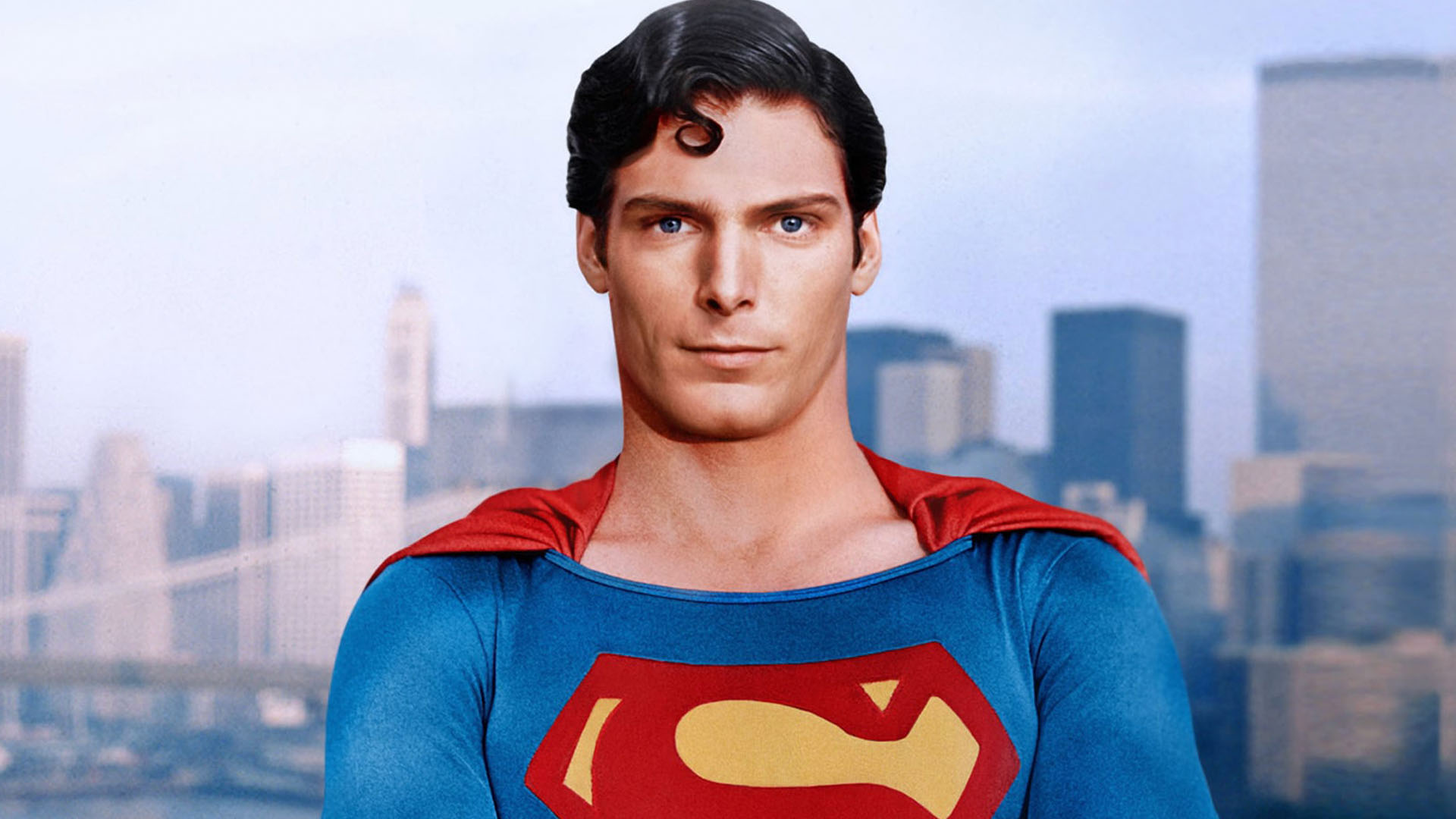
One of my favourite bits of Superman: The Movie lore is that when Donner got the job to direct Superman, he invited Mankiewicz over, dressed up as Superman and they got stoned to brainstorm their approach.
And as much as that boy scout Clark Kent would’ve no doubt disapproved of their methods, they settled on attempting to try and ground the film as recognisable a reality as possible, which, as stated earlier, was pretty revolutionary at the time.
The film itself has stood the test of time from any perspective, but one of its most enduring legacies is how it’s repeatedly cited by other filmmakers as a tonal touchstone for their own superhero movies.
Bryan Singer repeatedly cited it as an influence on his landmark X-Men movie in 2000 (for which Donner was a producer), which similarly attempts to ground the outlandishness of the source material without dishonouring it. Singer went even further into Donner-emulation with 2006’s Superman Returns, a direct sequel (of sorts) to Superman: The Movie which employed unused footage of Marlon Brando (who played Jor-El, Superman’s biological dad in both movies).
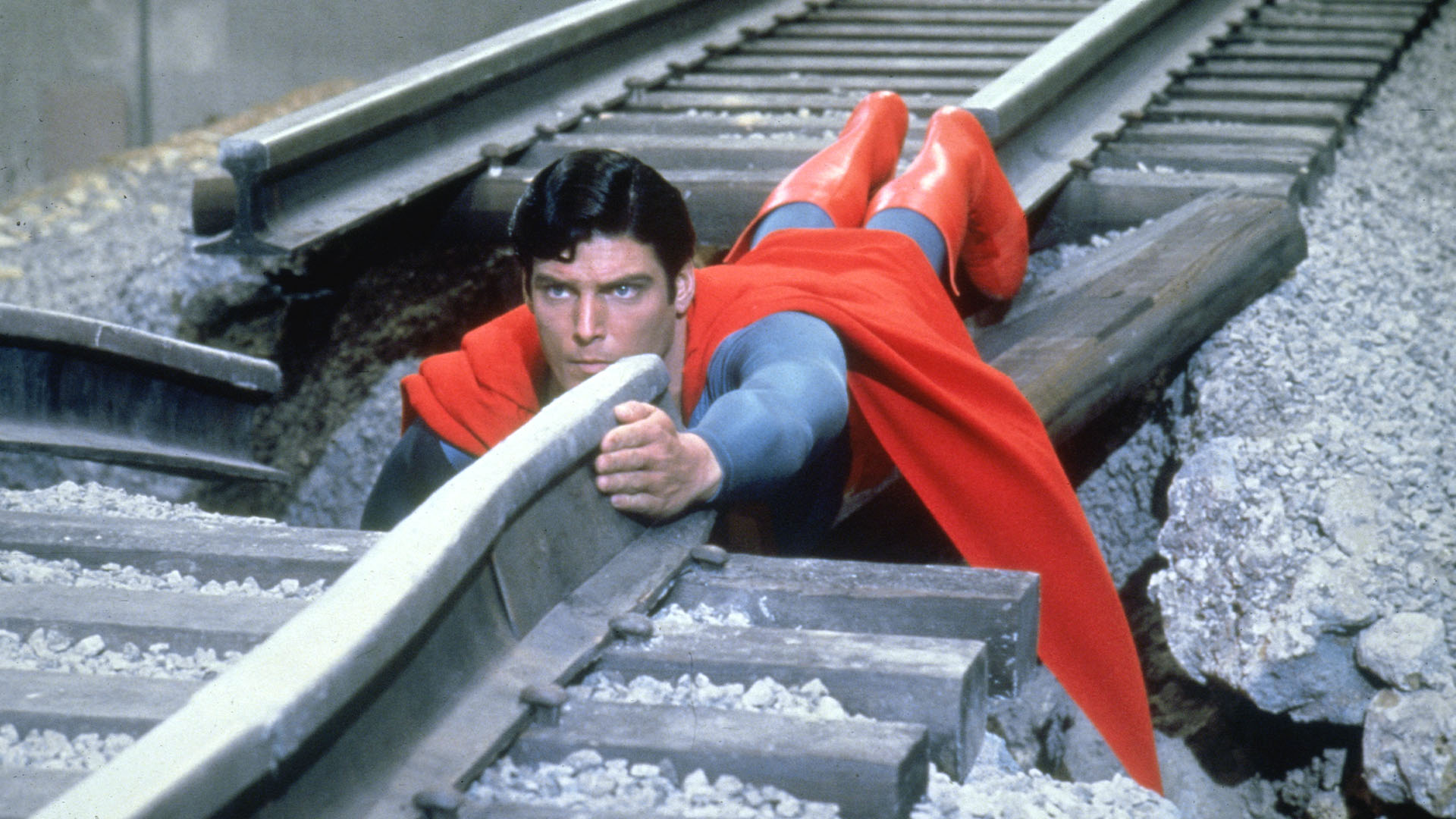
The recently-announced new film Superman: Legacy certainly seems to be taking more inspiration from Donner’s earnest approach, as opposed to Zack Snyder’s more hard-edged take on the character.
When the new film—which was written and is to be directed by new DC Movies co-head James Gunn—was announced, Gunn’s partner Peter Safran said that their version of the character “is kindness in a world that thinks that kindness is old-fashioned”. That can’t help but evoke the 1978 movie.
In Quentin Tarantino’s Kill Bill: Vol 2, the titular character gives a long speech about how Superman is the character’s real identity, and Clark Kent is the alter ego. But Reeve’s performance as Kent in the 1978 suggests otherwise—his sense of justice and decency is a result of his upbringing by the Kents. Safran has said that Gunn’s film “focuses on Superman balancing his Kryptonian heritage with his human upbringing”.
It all speaks to a deep, deserved reverance for Donner’s film.
In terms of impact on the culture, Superman: The Movie deserves to be up on the Mt Rushmore of superhero movies alongside Tim Burton’s Batman (1989), Sam Raimi’s Spider-Man (2002) and Jon Favreau’s Iron Man (2008). But the other three wouldn’t exist without it.



















